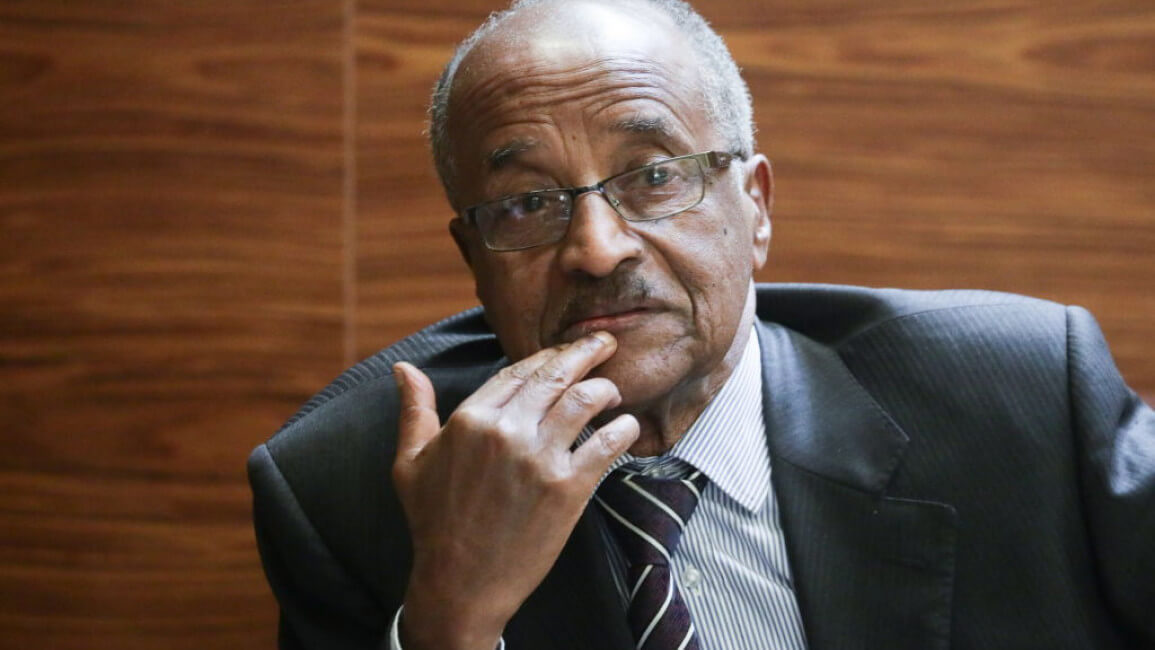
Eritrea Criticise UN Chief Over Tigray Accusations
Eritrea has criticised the United Nations Security Council and the UN humanitarian chief for “rehashing unfounded claims” against the country.
It denied the charge levelled against it by the UN aid chief, Mark Lowcock, who told a closed-door Security Council meeting on Tuesday that Eritrean soldiers were using starvation as a weapon of war.
The Eritrean UN mission in New York said that it was neither invited nor given an opportunity to comment on the subject, and that ‘’Eritrea objects to the unfortunate and opaque methodology employed to smear Eritrea’s image”.
“Eritrea has never hindered humanitarian access in the Tigray region. Eritrea has never used food as a weapon of war, not even in the dark days of the struggle or during the 1998-2000 war with Ethiopia,” it said in a statement.
Mr Lowcock said that rape was being used systematically to terrorise women and girls and that Eritrean soldiers were using starvation as “a weapon of war’’.
He said “no-one should be surprised to see a repeat of the horrific famine in 1984” if the violence continued and the Eritrean troops did not withdraw.
However, Eritrea said the allegations were driven by political interests and accused Mr Lowcock of having a motive against Eritrea “for reasons known to him alone”.
It has also issued a warning against anybody seeking to destabilise the county through “unlawful meddling and intimidation”.
Tigray has been devastated by a humanitarian crisis after Ethiopia sent its troops in November to fight against the TPLF, the-then regional ruling party, which had attacked army bases in the region.
Thousands of people are thought to have been killed and about 1.7 million people displaced from their homes.

